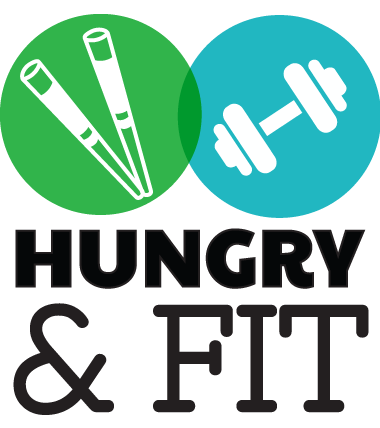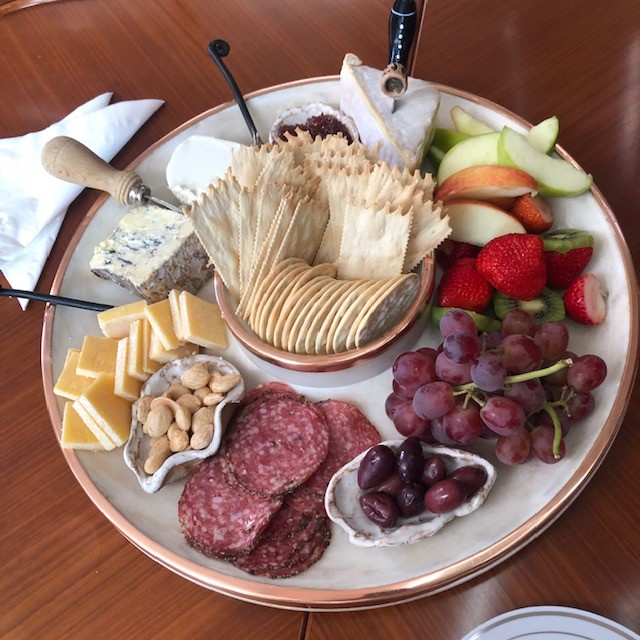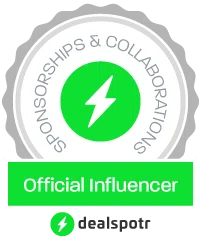Eating right is one of those good habits that some people seem to stick to naturally while others struggle. But the truth of the matter is that good habits gain momentum. And the more good habits you have, the more good habits you’re likely to adopt.
And if you’re looking to turn over a new leaf, diet is a great place to start. Good nutrition can actually have an impact on your ability or likelihood of adopting more good habits.
In this post, we’re going to explore how your diet influences good and bad habits.
Diet and cravings
Many people mistakenly believe that cravings are always the body’s way of telling you what it needs. But we can be sure that the body never needs fried foods or refined sugars. So how do we justify these cravings?
Actually, research has shown us that there are many causes for cravings — and they are largely NOT biological. Most of our cravings originate in the mind and not the body.
This realization began with Ivan Pavlov and his food response experiments with dogs. Pavlov taught the dogs to respond to a bell by drooling in anticipation of food. This type of conditioning is similar to how we experience food cravings too. If you always eat when you do something, you’re always going to want to eat when you do that thing. Popcorn at the movies is a great example. If you’re used to having popcorn with your movie, you will crave it as soon as you sit to watch a feature presentation.
You may also crave sweets when your body gets tired, but again, this is conditioning. You probably noticed that a sugary treat gave you a burst of energy — and then began the habit of having sweets whenever you feel down.
Interestingly enough, research on diet can shed light on how we develop bad habits in all areas of our lives.
Alcohol and bad habits
Alcohol in itself is a bad habit, but most people who imbibe may not realize that it’s such a slippery slope. Alcoholism, or even problem drinking, can have an impact on every habit in your life. And that’s not a good thing. When you’re drinking heavily, you’re much less likely to get up early for a morning workout. And you’re also likely to overeat. Research shows that drinking alcohol shifts the brain into starvation mode, which is an interesting switch considering the number of calories in alcoholic beverages. A study on mice found that the mice ate between 10 and 25 percent more when they were given ethanol.
And while it’s clear that animal studies don’t always translate in humans, anyone who has had late-night munchies after a night of drinking alcohol can attest that alcohol can lead to some poor nutritional choices.
If you’re drinking too much, now is a good time to address this bad habit. And if you’re having trouble stopping or slowing down, you may want to find a good alcoholism rehab. The longer you remain addicted to alcohol, the worse of a hold it will have on you.
Nutrition and lifestyle choices
If your diet is less-than-stellar, it may be driving you to make poor choices in other areas of your life. This can happen as a result of nutritional deficiencies. And it’s important to note that you can become deficient in nutrients while overeating the wrong types of foods.
Nutritional deficiencies can lead to anxiety, depression and unhealthy food cravings. And the longer you maintain a poor diet, the worse it gets. Giving in to those unhealthy food cravings can lead to chronic diseases like obesity and diabetes over time.
For example, deficiencies in magnesium, chromium and tryptophan can lead to sweets cravings. This may cause you to overeat candy and other sweet foods, which can lead to an insulin imbalance and type 2 diabetes.
If you’re finding that you’re craving sweets, try getting more natural whole foods in your diet. Foods like broccoli, eggs, liver, beans, poultry, grains and legumes can provide you with the nutrients you need.
If you crave bread, there’s a chance you may be dealing with a nitrogen deficiency. This can be addressed by eating more meat, fish and beans. Fatting cravings may be a sign of calcium deficiency, so try getting more veggies and dairy in your diet.
As you can see, the craving doesn’t always address the deficiency, and the best answer is almost always to get more whole foods in your diet. If you’re deficient in magnesium and eat sweets instead of broccoli, you’re not going to address the deficiency and will only crave more sweets as a result.
Vitamin and mineral deficiencies can also lead to depression, which can in turn cause you to make poor lifestyle choices. Magnesium, vitamin D and omega-3 fatty acids are all nutrients that can lead to depression or anxiety when you aren’t getting enough.
The nutrients we get from our diet give our bodies the fuel it needs to function properly. And when we aren’t getting the right fuel, we can expect things like depression, chronic disease, brain fog and other issues that will inevitably lead to poor decision-making.
It’s always important to listen to your body, but your body may not always deliver the message in a straightforward way. If you’re craving something that you know is unhealthy, like alcohol or ice cream, it may be time to start making better choices.








